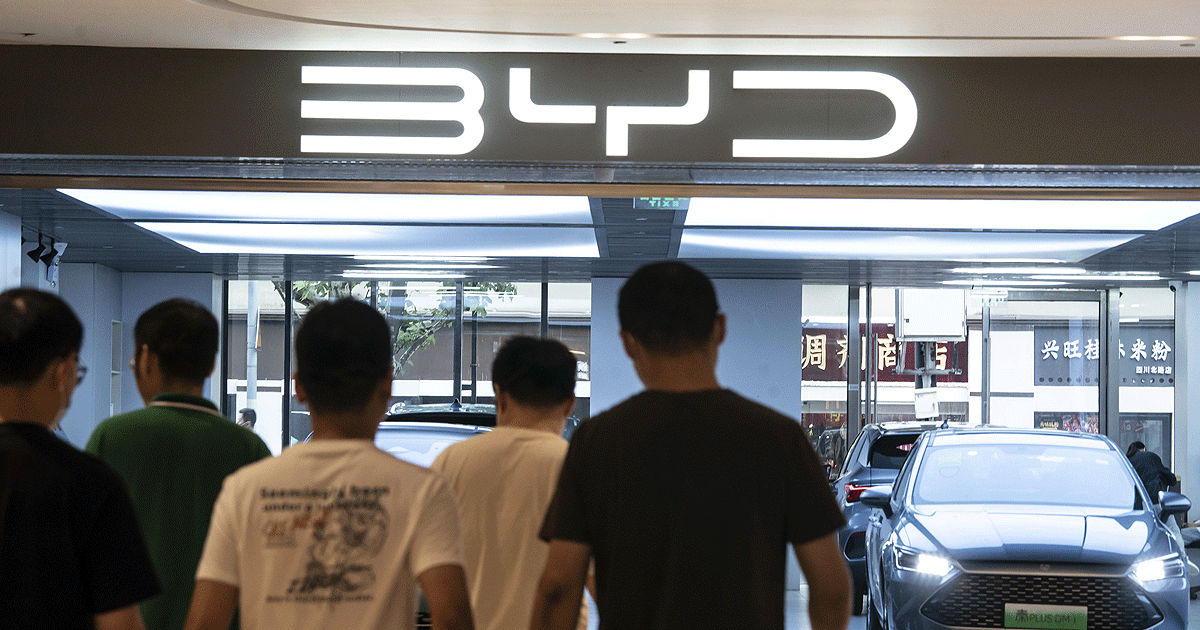
SHANGHAI — Leading Chinese electric vehicle manufacturer BYD Co. has adjusted product pricing, citing the impact of reduced subsidies for new energy vehicles since November 2022.
Official guidance prices will rise by between 2,000 yuan ($290) and 6,000 yuan for various models beginning Jan. 1, the company said on its official Weibo account.
Tesla Inc. is starting 2023 as it ended 2022: with incentives aimed at propping up sales in China.
The carmaker is offering Model 3 sedan and Model Y crossover buyers as much as 10,000 yuan ($1,450) if they take delivery by Feb. 28, according to Tesla’s website. The company is extending a 6,000-yuan subsidy it started offering in early December, and the other 4,000-yuan subsidy tied to purchasing insurance through Tesla was first introduced in November.
The pricing adjustments at the major EV makers come as the Chinese economy faces new headwinds from a surge in COVID cases after the government eased containment restrictions. China’s December factory activity shrank at the sharpest pace since the pandemic first emerged nearly three years ago, after Beijing’s abrupt reversal of counter-epidemic measures last month set off a wave of COVID infections across the country.
The official purchasing managers’ index fell to 47.0 in December from 48.0 in November, the National Bureau of Statistics said on Saturday. Economists in a Reuters poll had expected the PMI to come in at 48.0. The 50-point mark separates contraction from growth on a monthly basis.
The drop was the biggest since the early days of the pandemic in February 2020.
The data offered the first official snapshot of the manufacturing sector after China removed the world’s strictest COVID restrictions in early December. Cumulative infections likely reached 18.6 million in December, UK-based health data firm Airfinity estimated.
Analysts said surging infections could cause temporary labor shortages and increased supply chain disruptions, as well as reduced retail activity, including new-vehicle sales. Tesla plans to run a reduced production schedule at its Shanghai plant in January, extending lower volumes it began in late 2022 into 2023.
Concerns about demand in China contributed to Tesla shares plunging 37 percent in December, the most dismal month in what also was the stock’s worst-ever year. While the automaker is expected to announce record quarterly deliveries in early January, it’s already ruled out meeting its objective to grow by 50 percent for the year.
Tesla also offered discounts in the U.S. to close out the year, first dangling $7,500 off just the Model 3 and Y, then extending that offer to the more expensive Model S and X.
Bloomberg and Reuters contributed to this report.